On Thursday May 30th, The Phoenix of Persia children’s book was launched at the British Library in London.
This picture book is the culmination of a two year collaboration between the Music Department at City, University of London and children’s publisher Tiny Owl
Based on a tale from the 10th-century epic poem, the Shahnameh, by Iran’s national poet Abolqasem Ferdowsi (940-1020 CE), the book tells the story of Prince Zal, born albino and abandoned by his family as a baby, who is found and raised by the wise and magical Simorgh bird. At the end of the story, Zal is reunited with his family. The aim of the book is to introduce British children to Iranian storytelling, music, instruments, culture and history. With its many topical themes of understanding and valuing difference, and of the importance of forgiveness, this is an ideal story for a book aimed at promoting greater cultural understanding.
The project was initiated by Professor Laudan Nooshin and builds on her earlier project with the London Philharmonic Orchestra in 2012-12 It is very much about promoting a different and more positive image of Iran than children might otherwise receive through the mainstream media and elsewhere.
The book’s soundtrack introduces children to Iranian instruments, with each character of the story represented by a different instrument. The original music was composed and performed by: Nilufar Habibian (qanun, plucked zither), Saeid KordMafi (santur, hammered dulcimer), Amir Eslami (nei, end-blown reed flute) and Arash Moradi (tanbur, long-necked lute).
City Music PhD student Soosan Lolavar, was the Creative Producer and Assistant Editor, and the music was mixed, mastered and edited by Julius Johansson and other students in the sound studios at City (Malhar Kawre, Mara Miron, Olivia Cepress-Mclean).
The story was adapted by Sally Pomme Clayton, who also narrates the soundtrack, and beautifully illustrated by Amin Hassanzadeh Sharif. Ideal for children aged 6 to 11, the book can be purchased here:
As well as the book, the project includes educational resources for key stage 2 children and Laudan and Nilufar have been leading school workshops around the project.
The book has received many positive reviews, including the following:
http://tinyowl.co.uk/the-phoenix-of-persia-is-a-boon-for-teachers-parents-in-touch/
http://tinyowl.co.uk/the-phoenix-of-persia-is-a-must-read-read-it-daddy/
Photos from the launch:









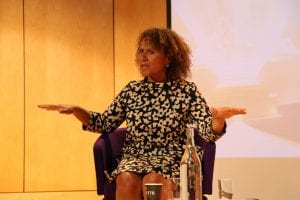
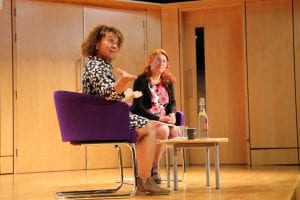





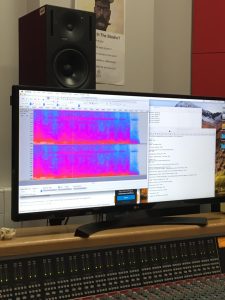






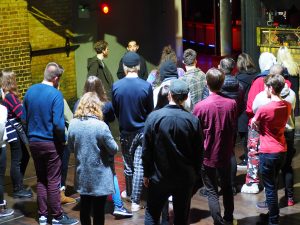



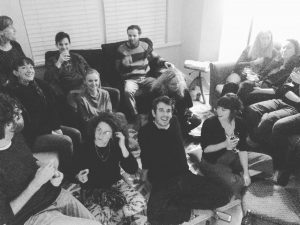



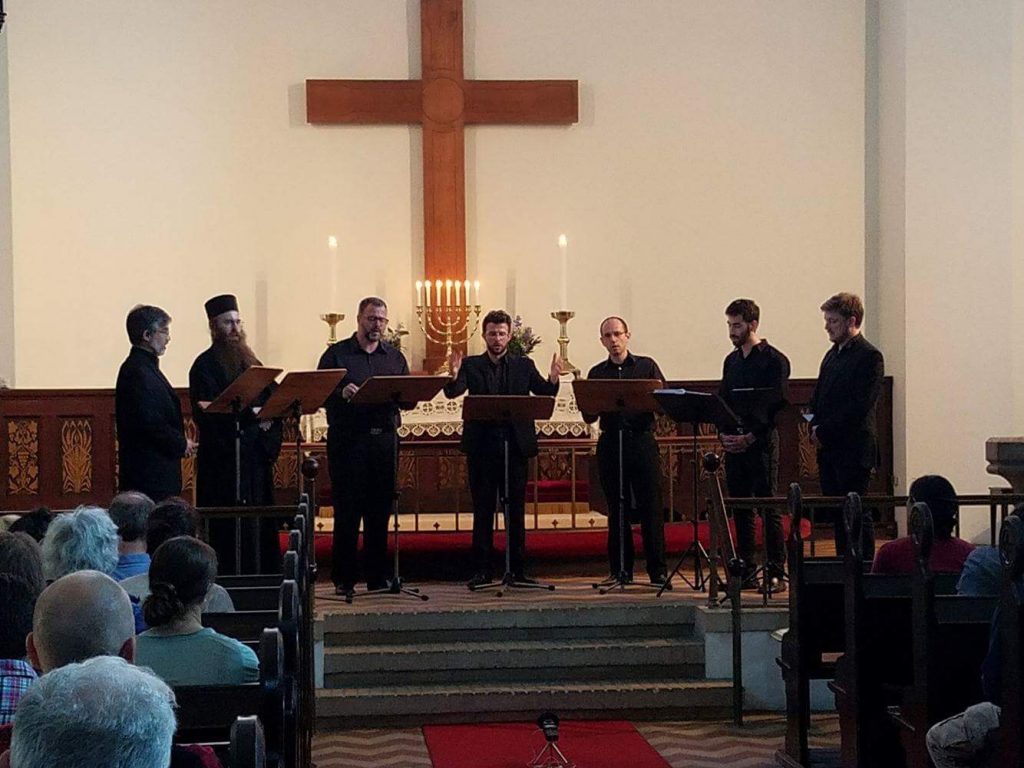
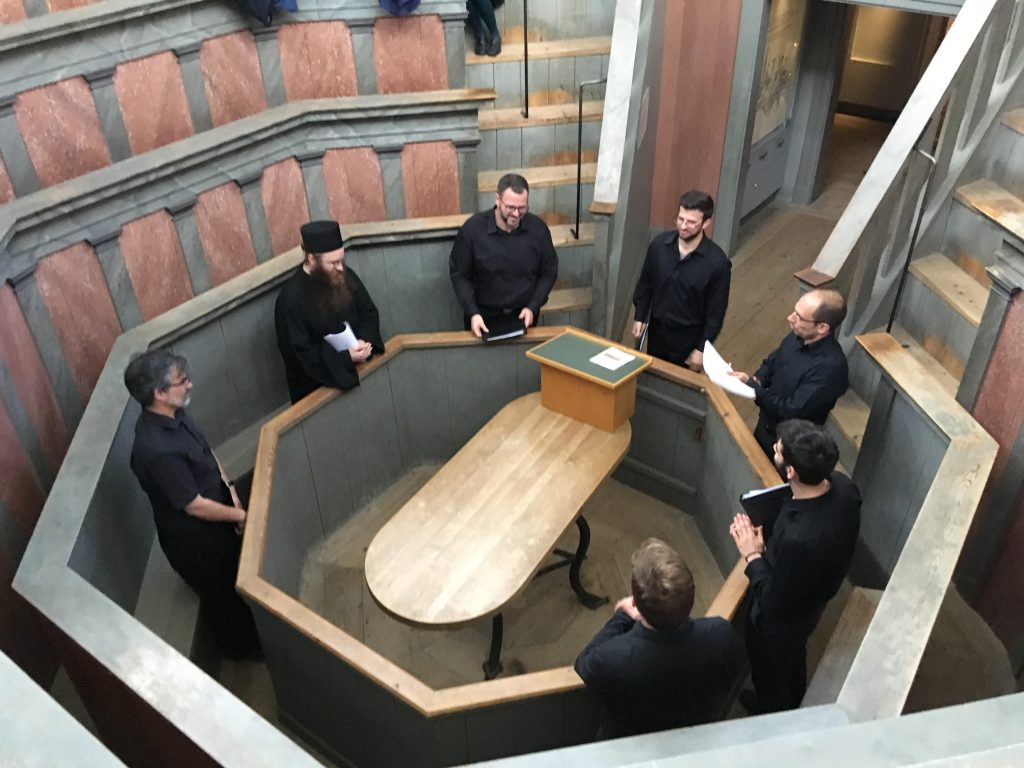

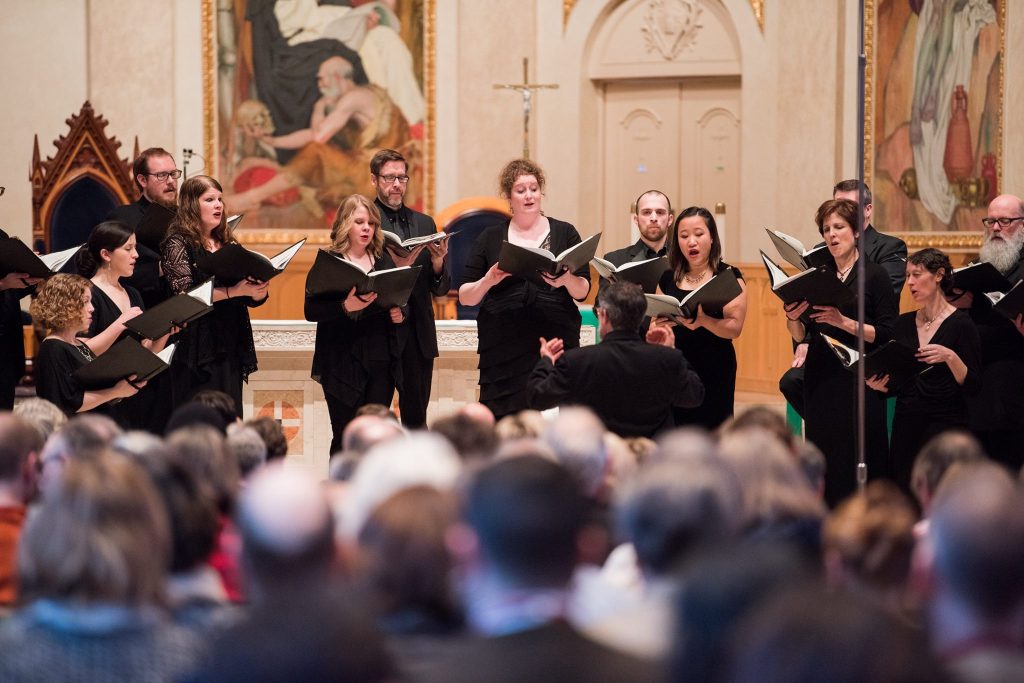

 e collaboration with the Seattle Symphony that highlighted the roots of Sergei Rachmaninov’s orchestral music in the sound world of Russian liturgical chant. For three successive days, Dr Lingas led the singers both in pre-concert lecture-demonstrations of Russian sacred music and in two short vocal works sung immediately before splendid performances of Rachmaninov’s First Piano Concerto and Second Symphony directed by SSO Principal Guest Conductor Thomas Dausgaard. The concerts were hailed by audiences and critics, with the Seattle Times describing the participation of Cappella Romana as ‘highly atmospheric’ and ‘an innovative and thought-provoking entry into Rachmaninov’s musical world’. Full reviews are available here:
e collaboration with the Seattle Symphony that highlighted the roots of Sergei Rachmaninov’s orchestral music in the sound world of Russian liturgical chant. For three successive days, Dr Lingas led the singers both in pre-concert lecture-demonstrations of Russian sacred music and in two short vocal works sung immediately before splendid performances of Rachmaninov’s First Piano Concerto and Second Symphony directed by SSO Principal Guest Conductor Thomas Dausgaard. The concerts were hailed by audiences and critics, with the Seattle Times describing the participation of Cappella Romana as ‘highly atmospheric’ and ‘an innovative and thought-provoking entry into Rachmaninov’s musical world’. Full reviews are available here: